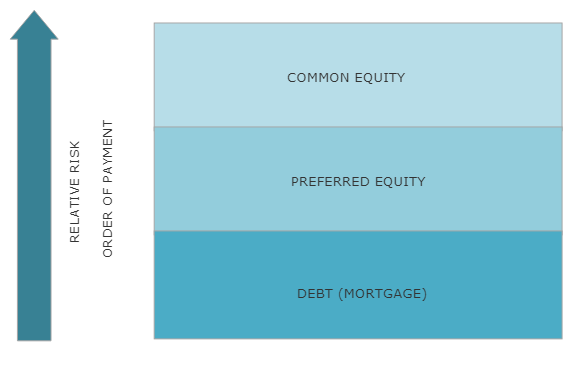Triple Net Leases
Triple net leases (or "NNN leases") pass on the responsibility of the major costs of running a property on to the tenant, including taxes, insurance, and maintenance. The triple net lease can be advantageous to a tenant in that it lowers the rent payment, and may enable the tenant to cover the other costs more cheaply. For an investor, the triple net lease provides income without many of an owner's responsibilities and expenses that cut into their rental income.
Capital appreciation notwithstanding, taxes, insurance, and high maintenance costs (especially, in the case of the investor who buys units in residential condominiums in Hawaii, high condominium fees) can take such a huge bite out of rental income to make such a long-term investment a losing proposition.
With a triple net property, the investor is focused on the nature, quality and terms of the leases, rather than on just the capital appreciation of an asset. Therefore, it is vital to have counsel read and understand the terms of all of the existing leases during the due diligence period prior to investing in such an asset. The term "triple net" may be used by brokers when the leases don't really provide that taxes, insurance, and maintenance are all fully assumed by the tenant. In other words, what may be marketed as a "triple net" building may mean different things to different people; this is certainly true across the United States where various repairs may or may not be assumed by tenants, such as the replacement of a building's roof. The bottom line is that the leases must be read very carefully to ensure that they are, in fact, truly triple net.
Although there is significantly less hassle with a triple net property, as with any real estate investment, the triple net lease is not risk-free. The credit rating of the tenants, type of use, location of the asset, amount to be spent on tenant improvements, building condition, and, of course, lease terms should all be appropriately vetted during due diligence. That said, the triple net lease does provide many appealing features which routinely make them attractive investments.


